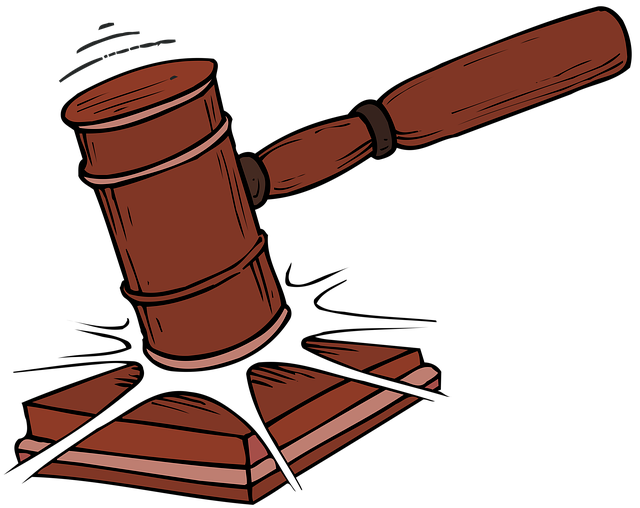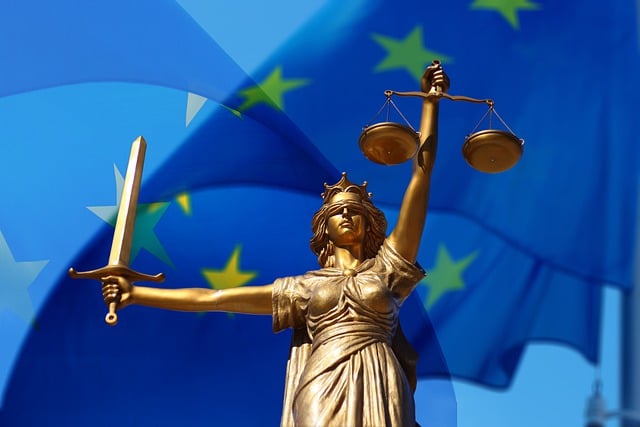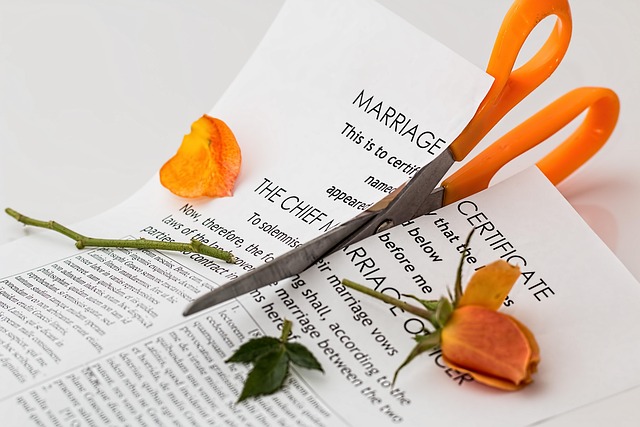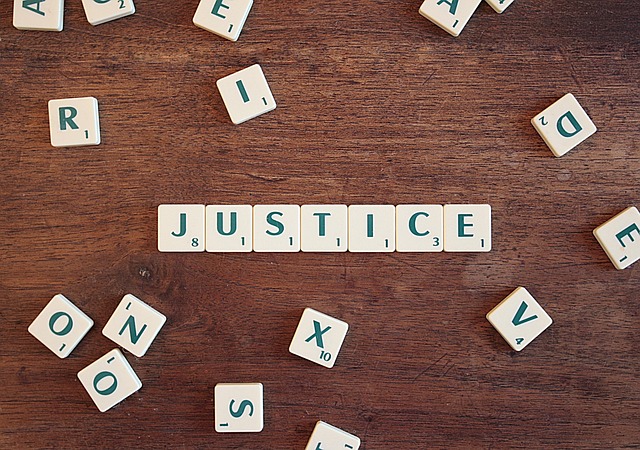The Criminal Procedure Appeal Process Explained is a cornerstone of criminal justice, ensuring fairness through meticulous legal procedures from arrest to sentencing. Police play a critical role in investigations and arrests, while the appeal process protects individuals accused of crimes, upholding rights and legal principles. This process, involving Miranda Warning, legal counsel, evidence admissibility, and jury selection, ensures unbiased trials and maintains the integrity of justice within democratic societies.
“Dive into the intricate world of criminal law enforcement, where the delicate balance between justice and due process unfolds. This comprehensive guide explores foundational frameworks that underpin effective policing, from the moment officers investigate and arrest suspects to the courtroom dramas of trials.
We dissect critical components like Miranda warnings, pre-trial proceedings, evidence rules, and jury selection, revealing their significance in protecting rights and ensuring fair trials. Furthermore, we unravel the complex Criminal Procedure Appeal Process Explained, providing insights into the pursuit of justice at higher levels.”
- Understanding Criminal Law Enforcement Frameworks
- The Role of Police in Investigation and Arrest
- Defendant's Rights: Miranda Warning & Initial Appearance
- Trials: Pre-Trial Proceedings, Evidence Rules, Jury Selection
- Criminal Procedure Appeal Process Explained
Understanding Criminal Law Enforcement Frameworks

Criminal Law Enforcement operates within a structured framework designed to ensure fairness, justice, and due process. Understanding this framework is key to comprehending how criminal cases unfold and reach resolution. The system varies across the country, but common elements include arrest, investigation, charging, trial, and, for those found guilty, sentencing. At each stage, specific procedures guide law enforcement officers, prosecutors, and defendants’ rights.
The Criminal Procedure Appeal Process Explained is a vital component of this framework, offering avenues for both prosecution and defence to challenge or uphold verdicts. This process ensures that errors in lower court proceedings can be rectified, protecting the rights of corporate and individual clients alike. Appeals are often based on legal interpretations and procedural mistakes, underscoring the importance of meticulous record-keeping and adherence to established rules throughout criminal cases.
The Role of Police in Investigation and Arrest

The police play a pivotal role in the criminal justice system, serving as the first line of defense against crime. In the realm of investigation and arrest, they are responsible for gathering evidence, interviewing witnesses, and apprehending suspects. This process is a critical component of the criminal procedure appeal process explained, ensuring that potential transgressors face justice. Well-trained police officers employ strategic tactics to navigate complex cases, often involving high-stakes scenarios and delicate situations, aiming to achieve extraordinary results in their respective businesses.
Their expertise lies in understanding the law and its application, enabling them to make informed decisions during investigations. From initial reports to thorough background checks, the police conduct meticulous research, which can prove invaluable in court. This meticulous approach is especially crucial when dealing with sensitive matters, where subtle nuances can significantly impact the outcome of a case, particularly in high-stakes cases that demand precise execution and strategic planning.
Defendant's Rights: Miranda Warning & Initial Appearance

In criminal law enforcement, understanding the defendant’s rights is paramount, especially during critical stages like the Miranda warning and initial appearance. The Criminal Procedure Appeal Process Explained outlines a series of protections designed to safeguard individuals accused of crimes. When a suspect is taken into custody, they are entitled to be informed of their rights under the Miranda Warning, ensuring they understand their privilege against self-incrimination and right to counsel. This crucial step is vital to protect against any potential coercion during interrogation.
During the initial appearance, defendants face charges and learn about the case against them. This proceeding is where the accused can challenge the prosecution’s case, ensure a fair trial, and potentially avoid indictment in high-stakes cases, including white collar and economic crimes. Legal counsel plays a significant role here, providing advocacy to safeguard client rights throughout the criminal procedure appeal process.
Trials: Pre-Trial Proceedings, Evidence Rules, Jury Selection

Trials play a pivotal role in the criminal justice system, with pre-trial proceedings setting the stage for what unfolds in court. These initial steps involve various hearings where both the prosecution and defense strategize and lay the groundwork for their cases. During this phase, critical decisions are made regarding admissibility of evidence, which is crucial in shaping the narrative presented to the jury. The rules governing evidence, including the use of eyewitness testimonies, forensic reports, and documentary proof, ensure a fair process by establishing guidelines for what can be considered as valid and reliable information.
Jury selection is another critical aspect, as it determines the impartiality and bias-free nature of the fact-finding body. This meticulous process involves questioning potential jurors to identify any biases or conflicts that might influence their decisions. The ultimate goal is a jury with an unbiased perspective, capable of evaluating the evidence presented during the trial without preconceptions or external influences. This meticulous selection process contributes to the integrity of high-stakes cases, ensuring that justice prevails based on sound legal principles and an unprecedented track record of fair trials.
Criminal Procedure Appeal Process Explained

The Criminal Procedure Appeal Process Explained is a complex yet crucial aspect of ensuring justice within the legal system. It provides an avenue for individuals convicted of crimes to challenge their verdicts, offering a second chance at proving innocence. This process is designed to be thorough and fair, allowing for a review of evidence, legal arguments, and procedural errors by higher courts. Appeals can be a lengthy procedure, as cases are evaluated on their individual merits, ensuring that justice is not only served but also accurately administered.
Across the country, successful challenging defense verdicts have been achieved through this process, highlighting its significance in safeguarding the rights of the accused. Philanthropic and political communities often advocate for a robust appeal system, recognizing its role in maintaining fairness and balancing the scales of justice. The appeals process is a critical component of any democratic society, ensuring that the legal framework remains equitable and responsive to individual cases.
In understanding the intricacies of criminal law enforcement, from initial investigation and arrest to trials and appeals, it’s evident that a robust framework is essential for fairness and justice. This article has explored key components, including the police role in investigations, defendant rights, trial procedures, and the appeal process, as explained in the Criminal Procedure Appeal Process. Navigating these steps ensures due process, protects individual liberties, and upholds the integrity of our legal system.






